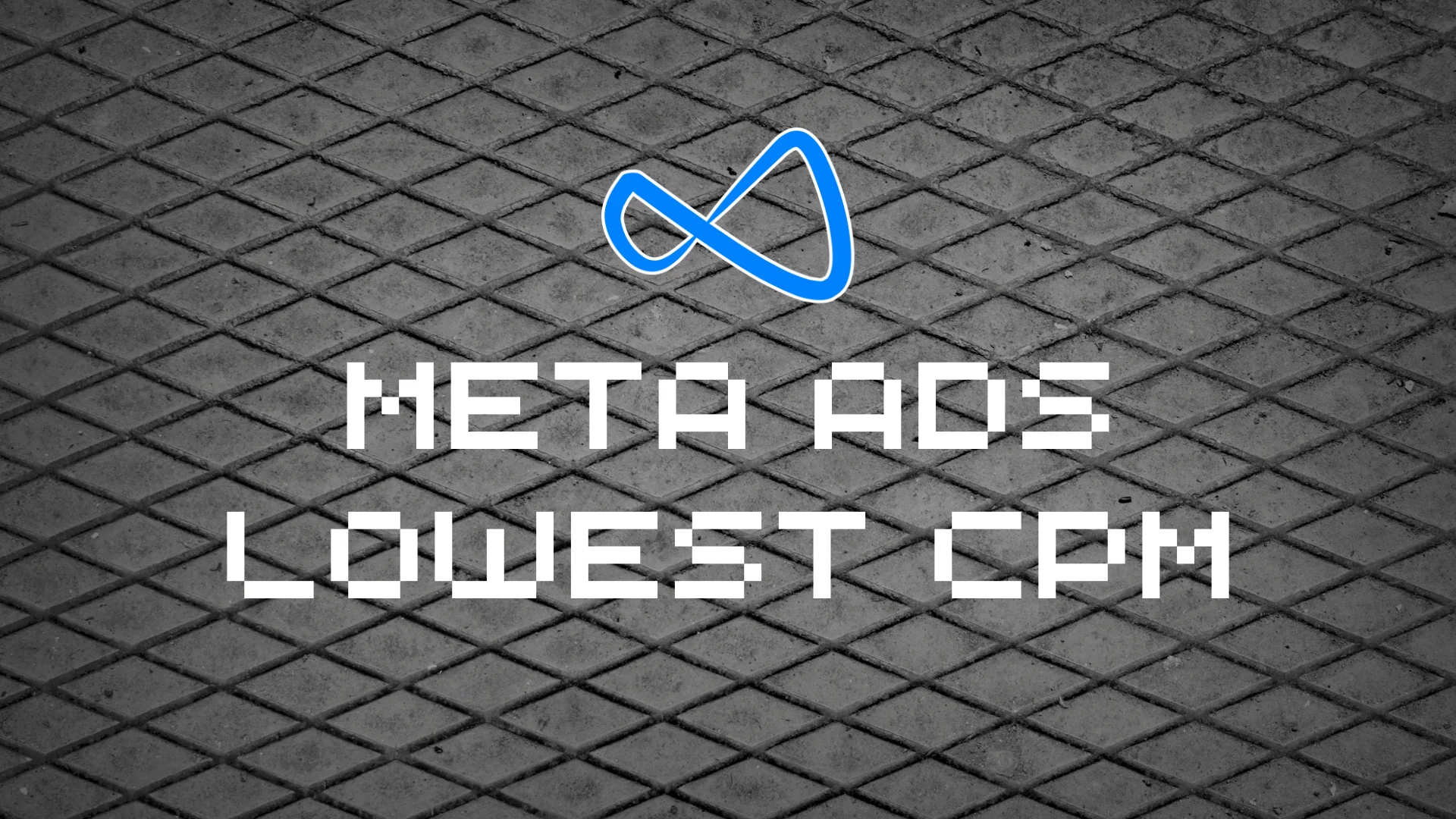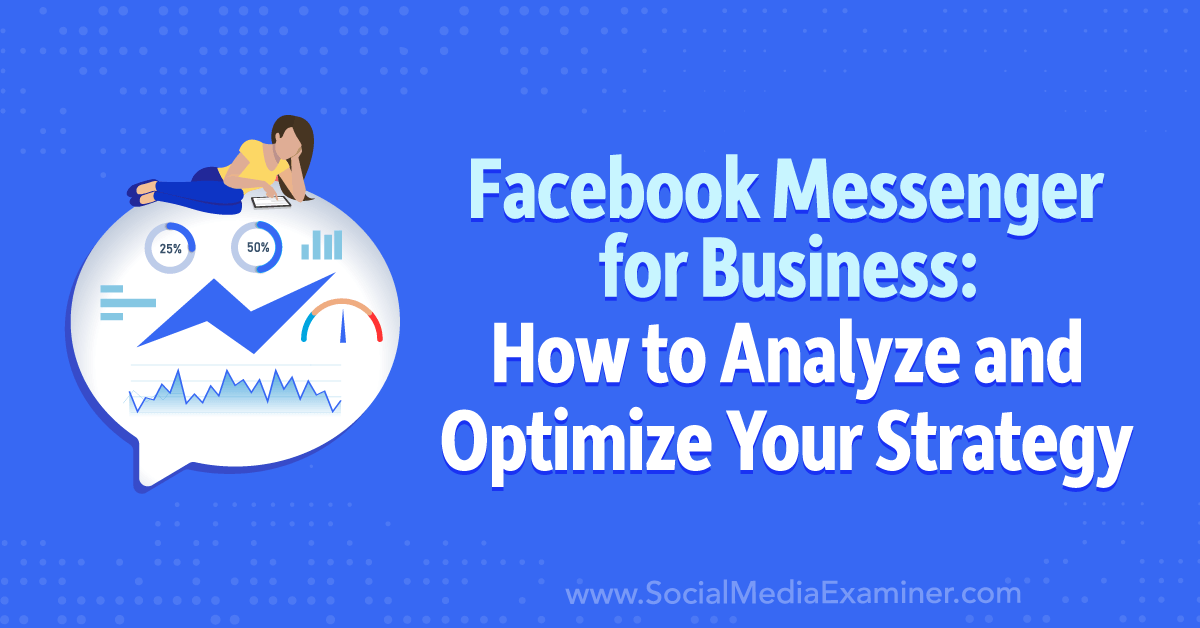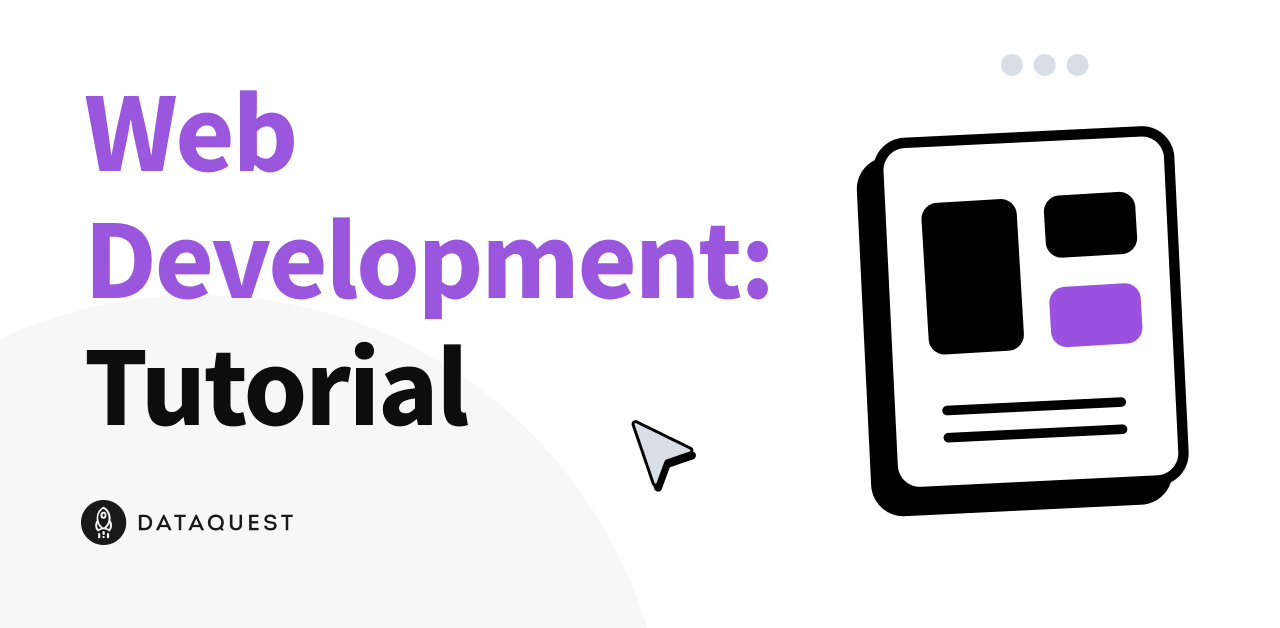So, you’re a business owner, and you’ve likely heard all about the wonders of SEO. You’re itching to boost your online presence and asking the million-dollar question: “How long does SEO take?” Understanding the timeline for SEO is not just a passing concern; it’s a must-have piece of intel crucial for shaping your long-term marketing strategy.
Understanding the SEO Timeline
You’re a business owner, so let’s cut to the chase: “How long does SEO take to see results?” You might see some changes in 3 to 6 months, but plan for at least a year for real, lasting impact. Quick results are tempting, but SEO is a long game with no shortcuts.
The Algorithmic Learning Curve
Search engines use complex algorithms to determine where your website ranks for specific keywords. These algorithms consider hundreds of factors, from site speed and mobile compatibility to content quality and backlinks. Hence, it takes time for search engines to “learn” about your website and move it up in the rankings. ð Quick Tip: Familiarize yourself with key ranking factors to understand what search engines are looking for. Your understanding will help you prioritize your SEO efforts effectively.
The Competition Factor
The competition for your target keywords also influences the speed at which you’ll see SEO results. In highly competitive sectors, achieving top rankings can be a slow and challenging process that requires a well-thought-out strategy. ð Quick Tip: Conduct regular competitor analyses to understand what you’re up against and adapt your SEO strategy accordingly.
Content Aging and Trust
Fresh content may not immediately rank high. As the content “ages” and gains more backlinks and user engagement, its trust factor increases, leading to higher rankings. This is another reason why SEO is a long-term commitment. ð Quick Tip: Don’t just publish content and forget about it. Regularly update it to keep it current and continually attract new backlinks and social shares.
What Influences the SEO Timeline?
Knowing how long SEO takes is vital, but understanding the nuances that influence this timeline can give you an edge. While algorithmic intricacies and competition play substantial roles, other pivotal factors must be considered.
Your SEO Skill Level: Novice vs. Expert
The depth of your understanding of SEO can dramatically affect how quickly you see results. If you’re a beginner, the learning curve could extend your timeline. Conversely, if you’re an SEO veteran or hire experienced professionals, you’re likely to see quicker, more sustainable results.
The Specificity of Your Target Audience
You’re in business; you know your customers aren’t “everyone.” The more you narrow down your target audience, the more laser-focused your content can be. And when your SEO is this targeted, you’re answering a specific need, which often means less competition. By zooming in on a niche audience, you’re not just throwing content into the void but speaking directly to the people who matter to your business. This makes your SEO more effective and could mean quicker wins because you’re not duking it out with everyone under the sun. You’re solving a specific problem for a specific group, which can speed up your path to SEO success.
The Consistency of Implementation: Itâs More Than Just Timing
You’re a business owner; you understand that consistency isn’t about just showing upâit’s about showing up and delivering quality, time and again. Producing top-notch content regularly, securing valuable backlinks, and continually fine-tuning your site performance isn’t a one-off; it’s a lifestyle. When you commit to this level of consistency, the effects start to compound. This doesn’t just strengthen your SEO; it can speed up how quickly you’ll see tangible results. Think of it like compound interest in finance: the steady accrual of quality efforts can lead to quicker, more significant gains down the road.
The Role of Social Signals and User Behavior
While backlinks and content are critical, search engines increasingly consider social signals for SEO and user behavior, like bounce rate and time on site, as indirect ranking factors. Optimizing for these can improve your site’s perceived quality, potentially speeding up your SEO timeline.
Quality Over Quantity
It’s not just about how many backlinks you have or how many keywords you’ve stuffed into your content. The quality of your SEO efforts significantly impacts how long it will take to see meaningful results. You gain actionable insights by digging deeper into quality metricsâlike the relevance of your backlinks, the depth of your content, and user engagement. These can guide targeted improvements and optimizations. For instance, a well-researched article will likely outperform a keyword-stuffed one in the long run, and a backlink from a reputable site is worth more than ten from sketchy ones. These quality factors could accelerate your path to SEO success, helping you reach those goals quicker than you thought possible.
How Long Does It Take to Get Organic Traffic?
If you’re asking, “How long does it take to get organic traffic?” the concise answer is that a well-executed SEO strategy can start showing a modest influx of organic traffic within a few months. However, achieving consistent, substantial traffic will typically take longer. Here are the key factors that influence this timeline:
Content Quality and Relevance:
High-quality, relevant content is more likely to attract organic traffic quickly.
On-Page and Off-Page Optimization:
A balanced SEO strategy involving both on-page and off-page elements can accelerate the growth of organic traffic.
User Experience (UX) Factors:
Elements like site speed and navigation can improve your site’s attractiveness to organic visitors, potentially speeding up traffic gains.
Seasonal and Industry Trends:
Awareness of seasonal fluctuations or industry trends can help you adjust your SEO strategy for quicker results.
By understanding these key factors, you can better tailor your SEO strategy to attract organic traffic more effectively and efficiently.
Advanced SEO Strategies for Faster Results
If you’re looking to take your SEO game to the next level and see quicker results, here are some advanced, strategic actions to consider:
Capitalize on Hot Trends
Leverage trending topics relevant to your industry to create timely content that can quickly attract a large audience and potential backlinks.
Accelerated Mobile Pages (AMP)
Voice Search Optimization: With the rise of smart speakers, optimizing for voice search can give you an edge and attract a new segment of organic traffic more quickly.
Long-Tail Keyword Targeting
Target long-tail keywords with lower competition to get quicker rankings and tap into more specific queries from potential customers.
Influencer Partnerships
Collaborate with influencers in your industry to reach a broader audience quickly and gain high-quality backlinks.
Video SEO
Videos are becoming increasingly popular; optimizing video content can help you rank quickly in both standard and video search results.
Content Repurposing
Convert existing high-performing content into different formats (like podcasts or infographics) to reach a broader audience without starting from scratch.
Skyscraper Technique
Identify high-performing content in your industry and create a better, more comprehensive version to attract backlinks and social shares quickly.
Latent Semantic Indexing (LSI) Keywords
Use LSI keywords to create semantically rich content that can quickly improve your content’s context and relevance for search engines.
Real-Time Analytics and Adaptation
Use real-time analytics to instantly gauge the impact of your SEO strategies and adapt them on the fly for better performance.
Geo-Targeting Niche Forum Participation
Engage in niche-specific forums or communities to quickly build authority and generate targeted organic traffic.
International SEO
If applicable, target other countries by optimizing your site for different languages and regional search engines to tap into new markets.
Dynamic Content Optimization
Use AI or machine learning algorithms to serve personalized content to visitors, improving engagement and SEO performance over time.
By employing these advanced strategies, you’re not just going through the SEO motions—you’re setting the stage for faster, more impactful results.
Monitoring and Adjusting Your SEO Strategy
Metrics are more than just numbers—they’re the story of how well your SEO efforts are doing. Whether you’re into Google Analytics, SEMrush, or another SEO tool, keep an eye on those numbers. They’ll show you what keywords are pulling their weight, which pages are crowd-pleasers, and what content is a hit. By watching your analytics, you can catch trends, understand what your audience digs, and know when to adjust your tactics for better outcomes.
Advanced GA4 Use Cases for Quick SEO Wins
GA4 isn’t just for long-term planning; it has several features that can help you achieve quick SEO wins:
Real-Time Reporting for Trend Analysis
Use real-time data to instantly spot trending topics or keywords that are driving traffic, allowing you to create timely content and optimize your SEO strategy for quicker results.























